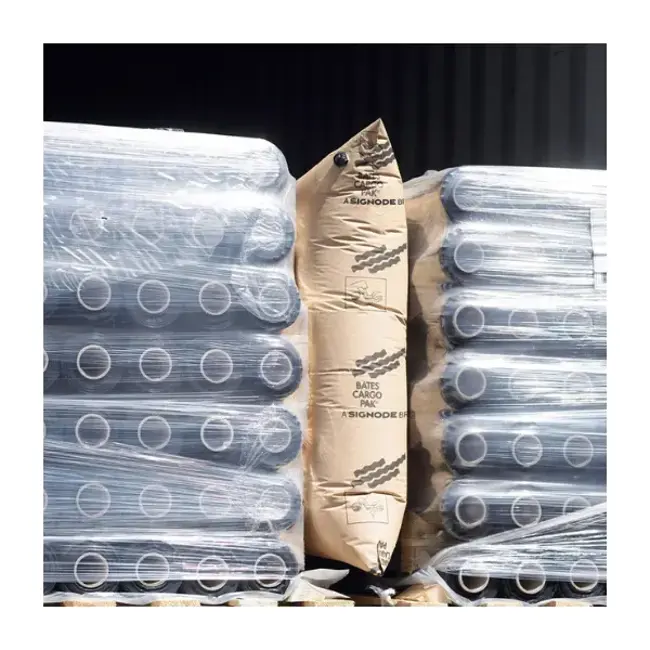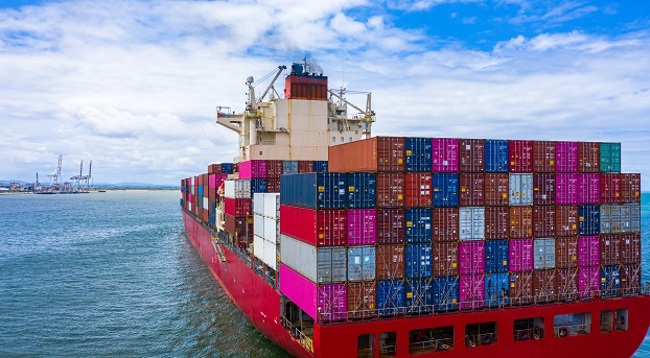
What Are Dunnage Bags?
Dunnage bags are giant inflatable pillows designed to fill the voids in your cargo during shipping. They are made from strong, recyclable materials and are available in a range of sizes and strengths to suit your needs.
Dunnage bags are easy to use and can be quickly inflated using compressed air. Once inflated, they create a pillow of air that cushions your cargo and prevents it from shifting during transport. This ensures that your cargo remains safeguarded from damage, maintaining its quality during the entire transportation journey until it reaches its final destination.












